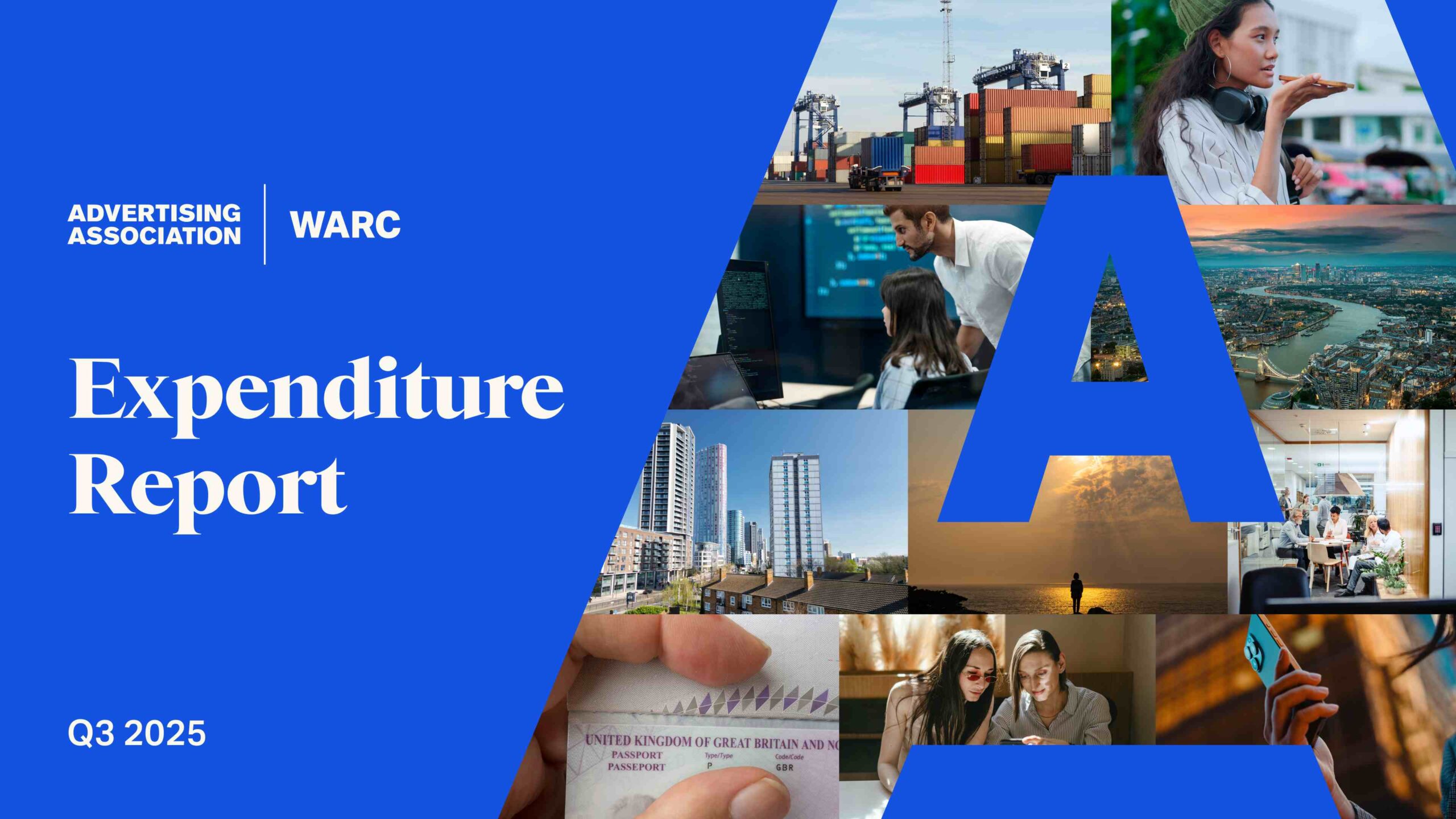With a July election now in everyone’s diaries, and with campaigns firmly underway, the political advertising season is about to begin in earnest. Do the public feel they can trust political advertising in the same way as commercial advertising?
James Best, Credos Chairman
Do politicians ever lie?
“Is the pope Catholic?”, you may reply.
But although politicians rank even lower in the public’s estimation of trustfulness than advertising executives, do they tell porkies in their advertising? When elections loom and political parties splurge on outdoor or online media, can we at least trust their claims and assertions there?
Commercial advertisers, after all, have to substantiate their claims and be able to justify their assertions to the Advertising Standards Authority (the ASA). The Advertising Codes require ads to be ‘legal, decent, honest and truthful’. All advertisers in all media are subject to them. The ready compliance of the vast majority and the ASA’s sanctions on the very few that stray mean that we – the public – can generally trust the ads we see, hear and interact with.
But political ads intended to solicit votes are not covered by the same rules in terms of the claims they may make; unlike all other ads, they are not subject to ASA investigations or rulings about those claims.
Should they be? Should the public not expect the same rules to be applied to the ads they see from candidates wanting their votes as from companies wanting their custom?
The latest findings from Q1 and Q2 of Credos’ Public Trust Tracker suggest the answer is yes. Just 28% of people trust political advertising – a significant drop from the 39% who trust advertising more generally. 18% are very concerned about political advertising, especially older voters. When informed that the ASA have no regulatory power over political ads, 72% responded that they should.
The overwhelming appetite for regulated political advertising would seemingly provide a solid mandate for reform. And this is before election ads have really started. But political adverts remain unregulated for a reason, with two particular arguments against such restrictions – the one principled, the other practical.
The principle is that of free political speech, a pretty important element of a democratic system. The argument is that political debate should not be subject to the same constraints as commercial advocacy: opposing political perspectives are not equivalent to competitive product claims. Those seeking election to govern must be free to put across their beliefs, ambitions for the future, arguments against their opponents or interpretations of policy outcomes without censorship by an unelected jury of ASA Council members, however fair-minded and well-meaning.
The practical argument is that of timing and resource. By the time the ASA can have assessed an ad, heard both complaints and defence, and adjudicated on it, the election may well be over, the damage done. And that’s without the probably inevitable appeals against a ban, appeals that themselves may be used to enhance the ads’ value by stirring up further free publicity and make the ASA a political football. To marshal the expert personnel and evidence-gathering resource to assess multiple competing election ads is also beyond the ASA’s capability, it is argued, especially when conflicting statistics are thrown about.
With the main political parties declining to accept the ASA’s jurisdiction during elections, which scuppers the possibility of swift compliance or pre-vetting, the forces against applying the same rules to politicians as to corporates have won the day. So far.
But the debate has not been silenced, nor, as our research shows, is the public convinced. The egregious flaws in ads during the 2016 Brexit campaign and subsequent dubious examples have kept the calls for reform coming.
Those calls have their justifications, too. First, that misleading voters is serious: it could lead to election victories based on deceit, a new government launched on the back of well-funded lies.
Second, the argument goes, as part of a collaborative approach with other relevant regulators and with appropriate election-time management, the ASA could play its expert part in administering justice in a timely and equitable way. Pre-vetting political parties’ ads could be done swiftly, solving the ‘too slow, too late’ problem and preventing at least any blatantly misleading executions from running. And even if a judgement is made post-hoc, it could be given publicity equal to the offending ad’s media presence. Such measures, though, require the co-operation of the participants, which is not yet forthcoming. UK business collectively grants the ASA this authority over their advertising and pays for it; our political parties do not.
However, one mitigation has been suggested that might be less contentious and more easily accomplished. Political ads could carry a clear ‘health warning’ to the effect that, unlike commercial advertisements, their claims are not subject to the ASA’s scrutiny or the Advertising Code’s strictures.
So, even if politicians do on occasion lie – or let’s say omit to tell the whole truth – voters would be warned. But as the general election approaches, the Pope, as far as I know, remains firmly Catholic.




